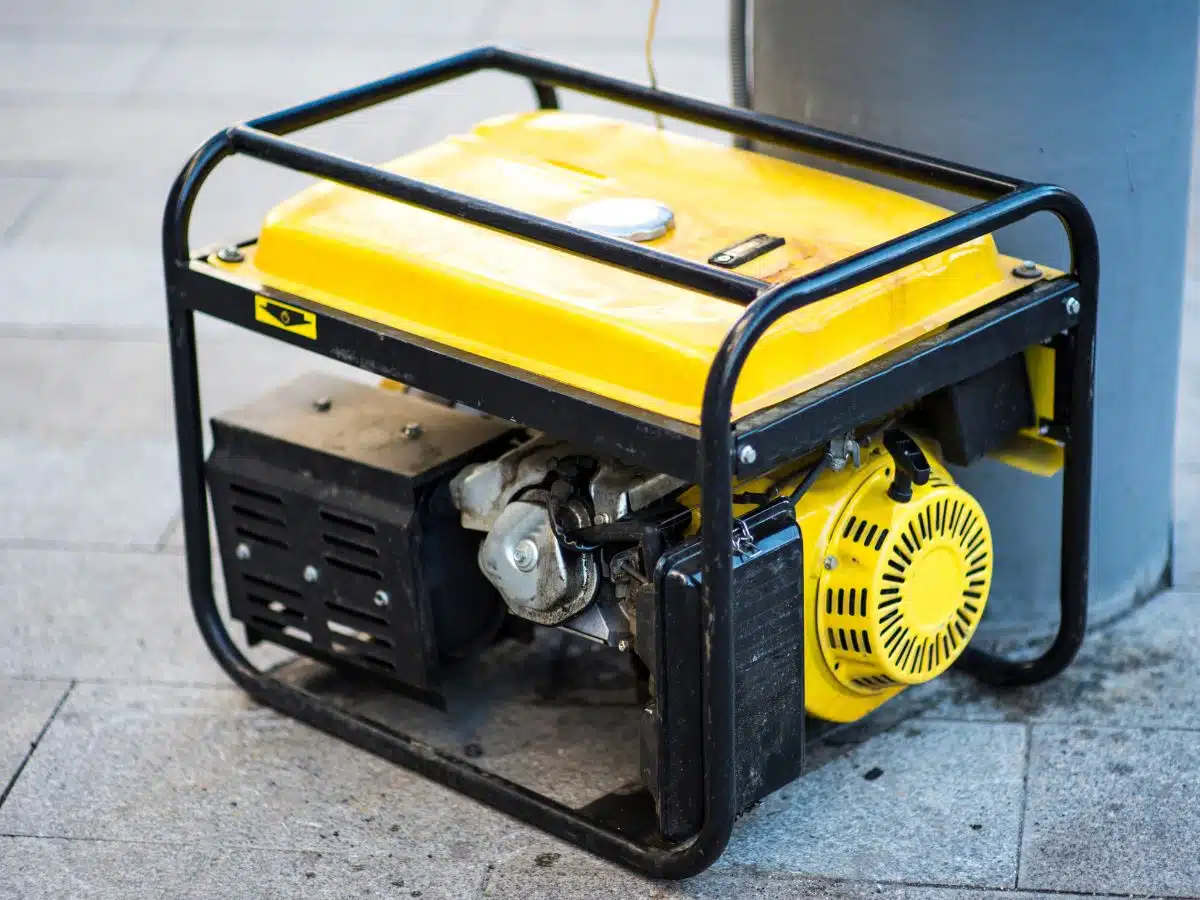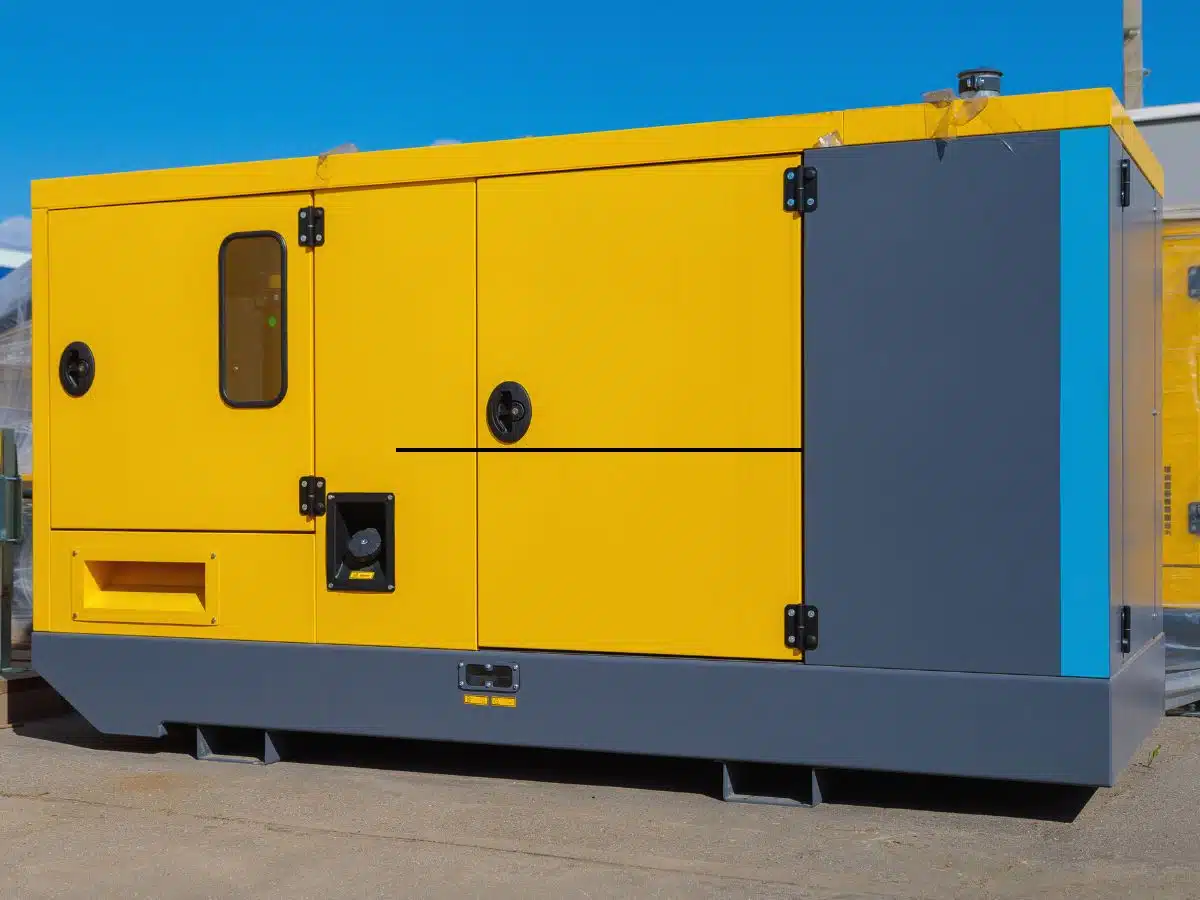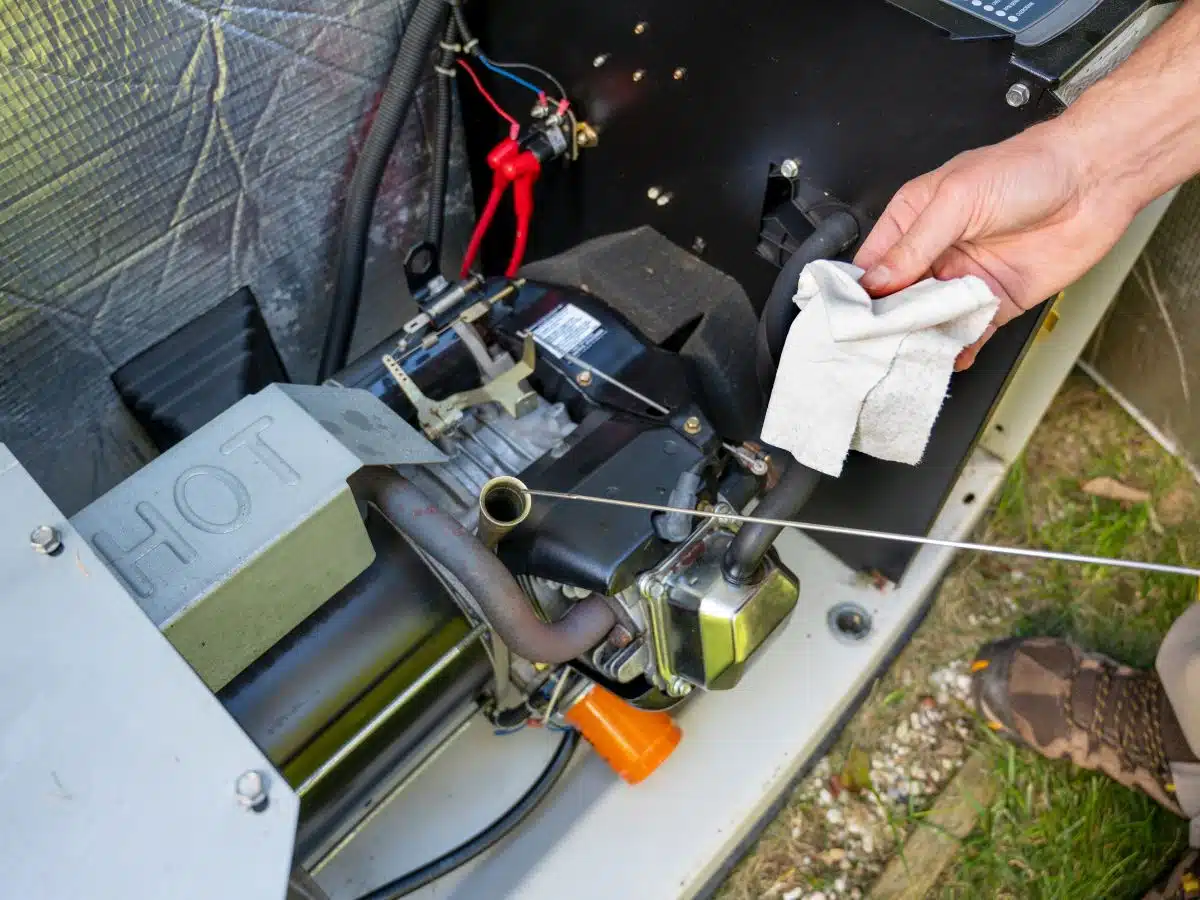High vs. Medium vs. Low Voltage: Choosing the Right Generator and Electrical Voltages for Your Industry
Understanding electrical voltages is crucial when powering your business or home with a generator. Whether in Sarasota, FL, or beyond, selecting the correct voltage for your generator ensures optimal performance, safety, and efficiency. The terms high voltage, medium voltage, and low voltage are frequently used when discussing electrical systems, and understanding the difference between these can help you make informed decisions for your power needs.
This blog will explore the differences between high, medium, and low voltage and how to choose the right generator and electrical voltages for your industry.
What Are Electrical Voltages?
At the core of any electrical system is voltage, the potential difference that drives electric current through wires. Voltages can be categorized as low, medium, or high depending on their electrical potential level. The key distinction lies in how each voltage type is used in various industries and for different applications, including when choosing generators in Sarasota, FL.
Voltage levels are typically classified as:
- Low Voltage (LV): Ranges from 0-1000 volts.
- Medium Voltage (MV): Ranges from 1 kV to 35 kV.
- High Voltage (HV): Ranges from 35 kV and above.
Understanding the differences between these voltages can help you determine what kind of generator or electrical system your business needs.
Low Voltage: What is Low Voltage and When Should You Use It?
Low-voltage electrical systems operate at a relatively low power level, typically ranging from 0 volts up to 1000 volts. These systems are typically used for powering homes, small businesses, and general household appliances.
In Sarasota, FL, low-voltage generators are often used for residential or light commercial applications. They provide power to household appliances, small office equipment, or other devices that do not require a large amount of electrical power. Low-voltage systems are easier to maintain, more affordable, and ideal for environments where high power demands are not necessary.
When to Choose Low Voltage Generators:
- Residential and Small Commercial Use: If your business or home only requires basic electricity for lighting, appliances, or tools, a low-voltage generator is sufficient.
- Cost-Effective: Low voltage generators tend to be more affordable upfront and cost less to operate.
- Safety: Low voltage systems are safer to handle and pose fewer electrical hazards risks than higher voltage systems.
Medium Voltage: Powering Larger Systems with Balance
Medium voltage generators typically operate between 1 kV and 35 kV. These generators provide a balanced level of power that is necessary for larger commercial or industrial applications. Medium voltage systems are ideal for businesses that require moderate amounts of electricity to power equipment, machinery, or larger facilities.
In Sarasota, FL, medium voltage generators are often used in industries such as manufacturing, agriculture, healthcare, and commercial buildings where power demands are more substantial than residential needs but not as high as those of large industrial facilities.
When to Choose Medium Voltage Generators:
- Industrial and Manufacturing Applications: A medium voltage generator ensures reliability if your business uses industrial machinery or equipment that requires more power.
- Commercial Buildings and Large Offices: A medium-voltage generator is a good option for office buildings, shopping centers, or other large spaces with heavy power requirements.
- Versatility: Medium voltage systems are versatile and can be used in a variety of settings, providing enough power for both lighting and equipment while offering safety and cost-effectiveness compared to high voltage systems.
High Voltage vs Low Voltage: Understanding the Differences
Understanding the high- and low-voltage debate is essential when choosing a generator for your business or home. While low-voltage systems are great for smaller applications, high-voltage systems are designed for larger, more energy-intensive operations.
High voltage systems (above 35 kV) are necessary for heavy-duty industrial and power grid applications. They are used to transport electricity over long distances with minimal energy loss. In contrast, low voltage systems are used in localized settings for homes or small businesses where electricity demands are not as intense.
Pros of High Voltage:
- Efficiency: High voltage systems can transfer large amounts of power over long distances more efficiently, reducing energy loss during transmission.
- Power for Large Industries: High voltage is required to run heavy machinery, large factories, and large-scale manufacturing plants that need significant amounts of electricity.
Cons of High Voltage:
- Higher Costs: High voltage generators and systems tend to be more expensive both in terms of initial investment and maintenance.
- Safety Concerns: Due to the large amount of power involved, high-voltage systems require strict safety protocols and specialized training for operators.
Choosing the Right Generator for Your Industry
Selecting the right generator for your industry requires understanding your business’s specific power needs. Here are some key factors to consider when choosing between high, medium, or low-voltage generators:
1. Assess Your Power Requirements
Before you choose a generator, you must evaluate how much power you need—generators in Sarasota, FL, range from small, portable units to large industrial systems. A low-voltage generator may suffice for residential or small business needs, while a medium-voltage generator is better suited for large commercial buildings or light industrial use.
2. Safety and Compliance
Different industries have different safety standards and compliance requirements. Ensure that the generator you choose meets the necessary codes for your business. High voltage systems, in particular, require specialized knowledge and must comply with strict safety regulations.
3. Budget Considerations
High-voltage generators come with a higher price tag in terms of installation and ongoing maintenance. A medium-voltage or low-voltage generator can be more cost-effective if you’re running a smaller business or don’t require high power loads.
4. Future Growth and Scalability
Think about your business’s future needs. If you expect significant growth and increased power demands, it might be worth investing in a higher voltage system to avoid replacing your generator later.
Choosing the right generator in Sarasota, FL, involves understanding the differences between high, medium, and low-voltage systems. Whether you need a generator for a small home, a large commercial building, or a heavy industrial plant, selecting the appropriate voltage system that matches your power needs is essential.
Low-voltage generators are typically sufficient for residential or light commercial applications and offer a cost-effective solution. Medium-voltage generators are ideal for moderate power needs and are often used in industrial and commercial applications. High-voltage generators may be necessary to ensure efficiency and reliability if your industry requires a significant amount of power for heavy-duty operations.
At Florida Power Solutions, we specialize in helping businesses and homeowners in Sarasota, FL, choose the right generator and electrical system for their needs. Whether you need assistance with selecting a generator or installing a system to meet your power requirements, our team is here to provide expert advice and support.
Contact us to learn more about our generator options and power solutions for your business.




